Building commissioning is the systematic approach to reviewing the design, equipment selection, installation and functionality of energy systems by an independent third party entity to ensure conformance with the owner’s project requirements for a facility.

FAQ
The objective of commissioning is to turnover a building that operates the way the owner originally intended, minimize call-backs for the contractor, maximize operational efficiency and training the operations staff in the proper operation of the facility. In some jurisdictions, commissioning is required to meet code requirements. Commissioning also reduces construction costs by minimizing design errors and construction rework, extending equipment life and improving productivity of occupants through increased indoor air quality, lower noise, and better lighting.
A Commissioning Provider is an independent third-party engineer that is typically contracted to the owner of the building that leads, schedules and coordinates the commissioning effort from the design phase through occupancy. It is important to have a Commissioning Provider, as someone who is looking out for the best interest of the building owner and ensuring systems are installed and function to a level that meets the owner’s project requirements.
The commissioning process is governed by ASHRAE Guideline 0-2019, The Commissioning Process and requires the following specific tasks:
- Development of Owner’s Project Requirements (OPR)
- Development of Commissioning Plan
- Review the Basis of Design (BOD) and compare it to the OPR
- Conduct a design review at the 60% CD and 90% CD phases
- Include commissioning requirements in the project specifications
- Conduct pre-construction meeting
- Review equipment submittals
- Develop prefunctional checklists and functional performance tests
- Conduct commissioning team meetings
- Witness startup of equipment and TAB
- Witness functional performance testing of equipment and systems
- Coordinate and verify training requirements for facility operations staff
- Provide final commissioning report
- Assemble systems manual
- Perform any required seasonal testing
- Perform warranty review prior to the expiration of equipment warranties
ASHRAE Guideline 0-2019, The Commissioning Process, is the most widely recognized commissioning guideline, however, other governing agencies such as the Associated Air Balance Council Commissioning Group (ACG), and the Building Commissioning Association (BCxA) have published guidelines related to commissioning as well. In some jurisdictions, such as California, commissioning is required by building code (Title 24) for buildings of a certain size and complexity.
No, however, a commissioning provider must have demonstrable experience providing building commissioning services in order to earn certain commissioning certifications. Certification organizations include the Building Commissioning Association (BCxA), the American Society of Heating, Refrigeration and Air Conditioning Engineers (ASHRAE), the Associated Air Balance Council’s Commissioning Group (AGC), the Association of Energy Engineers (AEE) and the University of Wisconsin’s Department of Engineering Professional Development.
All of CriticalArc’s commissioning engineers hold certifications from the BCxA, ASHRAE or the University of Wisconsin.
Commissioning is a prerequisite in the Energy and Atmosphere (EA) section of the LEED manual, therefore it is a requirement. The USGBC refers to this prerequisite as Fundamental Commissioning. There are also two additional points that can be earned by satisfying the requirements of Energy and Atmosphere (EA) Credit 3 for Enhanced Commissioning.
The requirements for Fundamental Commissioning are as follows:
- Document the Owner’s Project Requirements
- Incorporate commissioning requirements into the construction documents
- Develop a Commissioning Plan
- Verify the installation and performance of systems to be commissioned (specified by LEED)
- Develop a Final Commissioning Report
- The requirements for Enhanced Commissioning are as follows:
- Conduct a design review
- Review equipment submittals
- Develop and Systems Manual
- Verify operator training is completed
- Perform a warranty review 10 months after turnover
Any state that follows or requires ASHRAE 90.1 2019- IECC 2021 or BEES, Title 24 requires commissioning to some extent. We would be happy to discuss your region’s specific requirements in detail if you submit a contact request.
One More Question?
Let us know, if you need some help and didn’t find an answer to your question.

